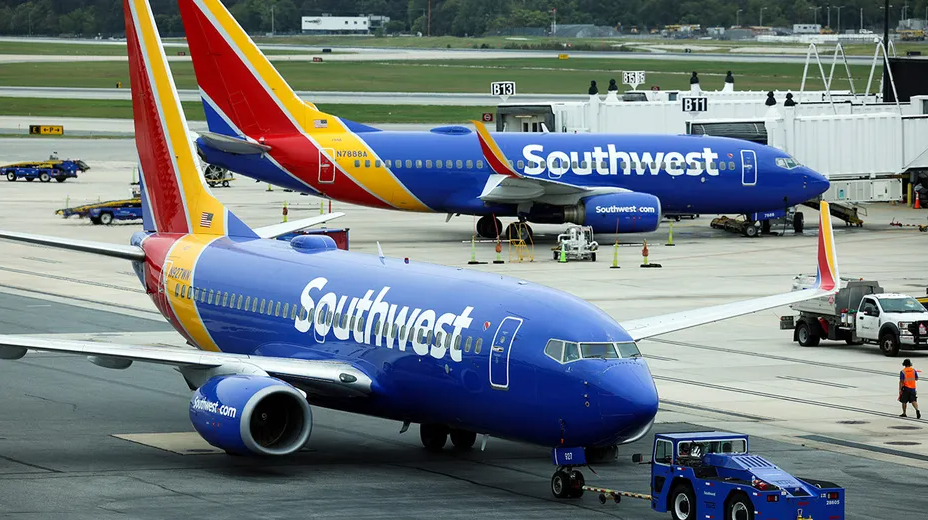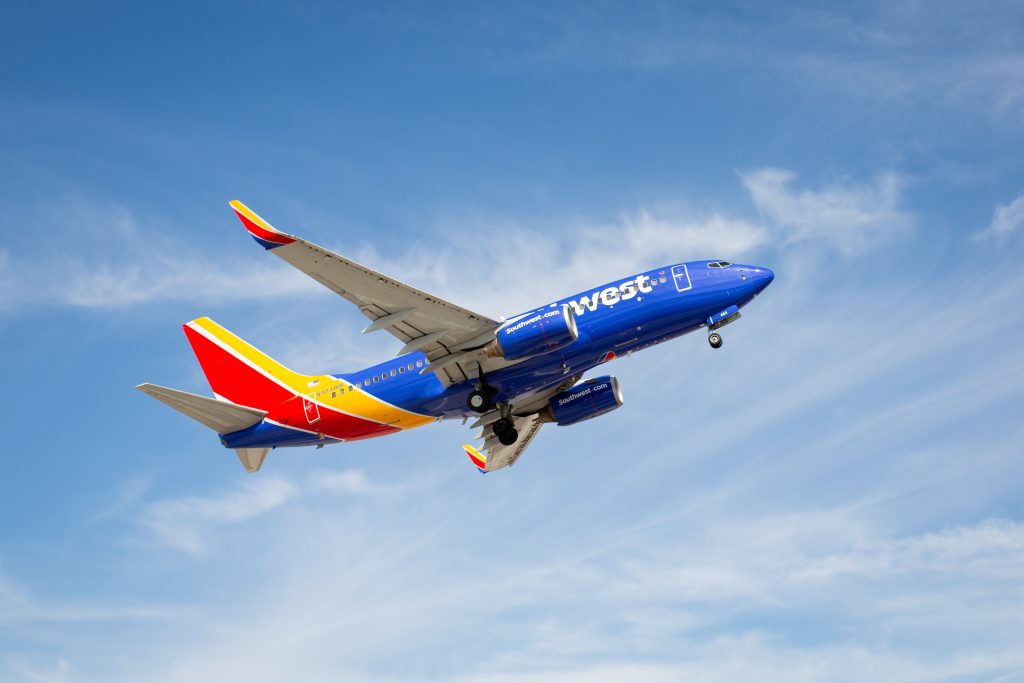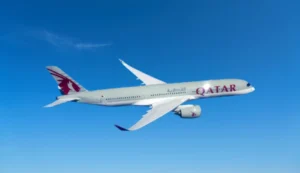Southwest Airlines: Shifting Perspectives on Low-Fare Travel
In a candid interview, Ryanair CEO Michael O’Leary shared his views on Southwest Airlines’ evolving approach to low-cost travel. O’Leary suggests that Southwest’s departure from its traditional low-fare model, marked by all-inclusive fares and generous perks, signifies a shift in the airline’s ethos.

Photo Source: https://images.foxtv.com/
Once hailed as a trailblazer in the low-cost airline industry, Southwest now faces scrutiny over its fare structure, with O’Leary highlighting its average fare of $170 per seat compared to Ryanair’s €44 ($47) in Europe. The rising costs of fuel and labor in the U.S. aviation sector have undoubtedly played a role, but O’Leary contends that Southwest’s baggage policy, allowing multiple checked bags at no extra charge, contributes to inefficiencies and delays.
Southwest‘s unique approach, bundling perks like free checked bags, onboard refreshments, and no change fees, sets it apart from newer ultra-low-cost carriers. This departure from the industry norm has sparked debate over whether Southwest has maintained its commitment to low-cost travel.
O’Leary’s admiration for Southwest’s historical influence on Ryanair is evident, with the late co-founder Herb Kelleher being revered as a mentor and visionary. However, O’Leary suggests that Southwest’s reluctance to adopt Ryanair’s more cost-efficient strategies, such as charging for checked bags, signals a departure from its low-cost roots.

Despite his criticisms, O’Leary acknowledges Southwest’s continued prominence in the low-fare airline market, but contends that the airline has lost some of its passion for true low-cost travel.
In response, Southwest emphasizes its commitment to providing value to passengers through its all-inclusive approach, citing the enduring legacy of the “Southwest Effect” in the industry.
The debate surrounding Southwest’s evolution underscores the complexities of balancing affordability with customer experience in the ever-changing landscape of air travel.






